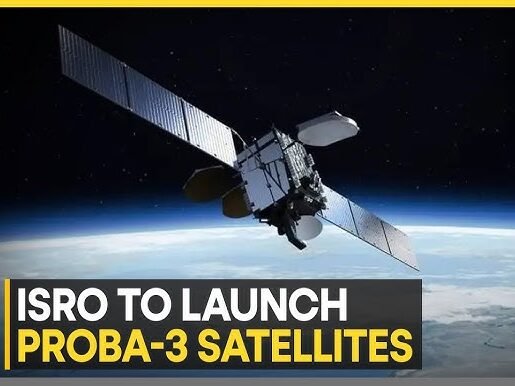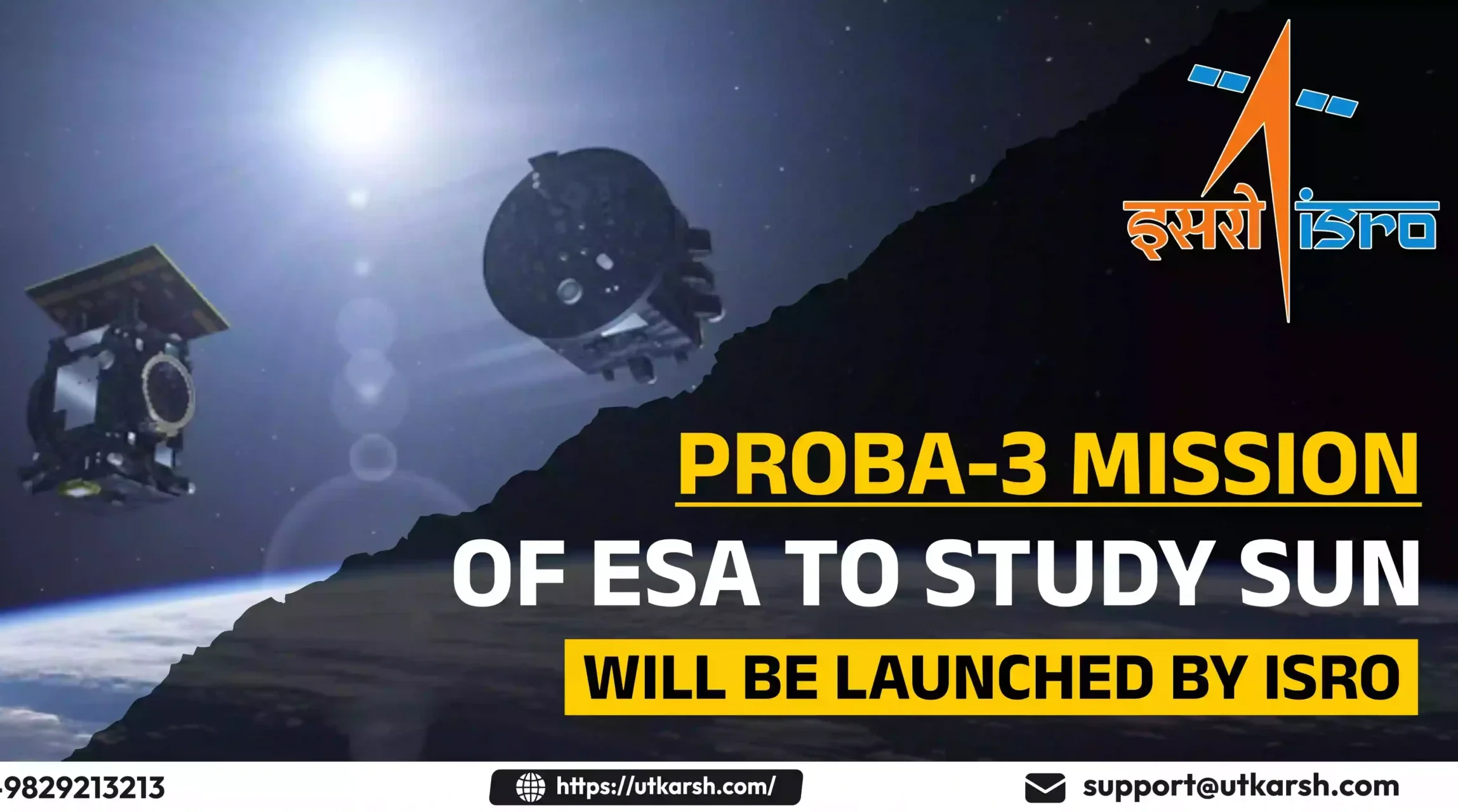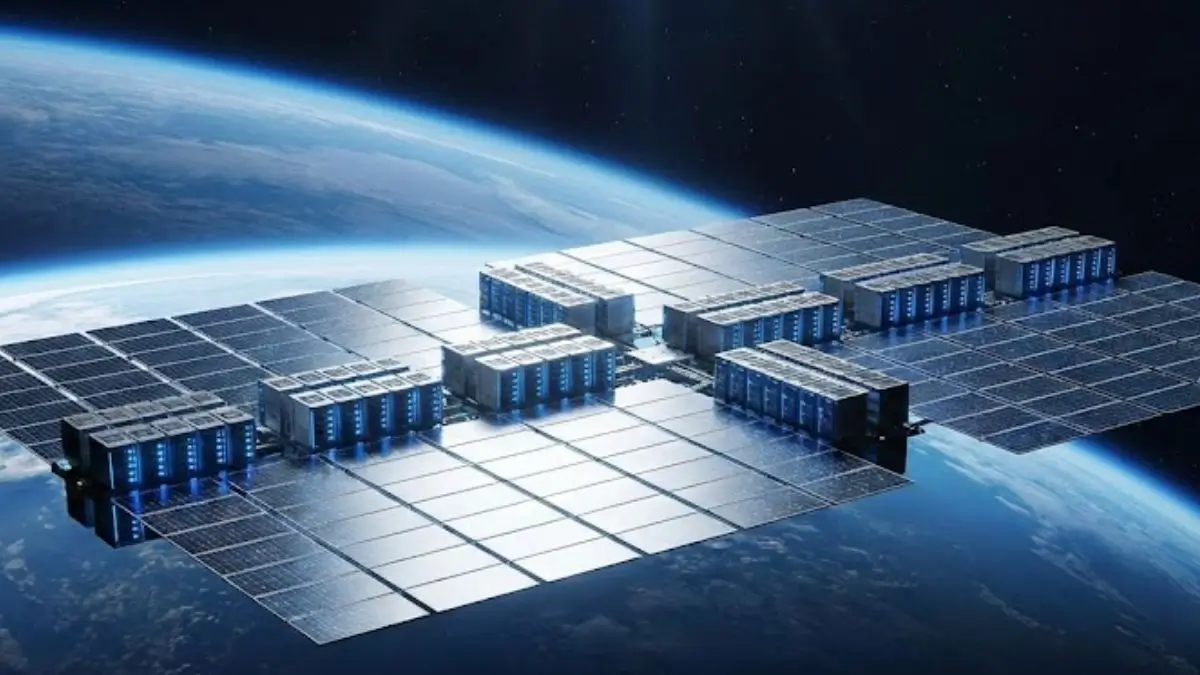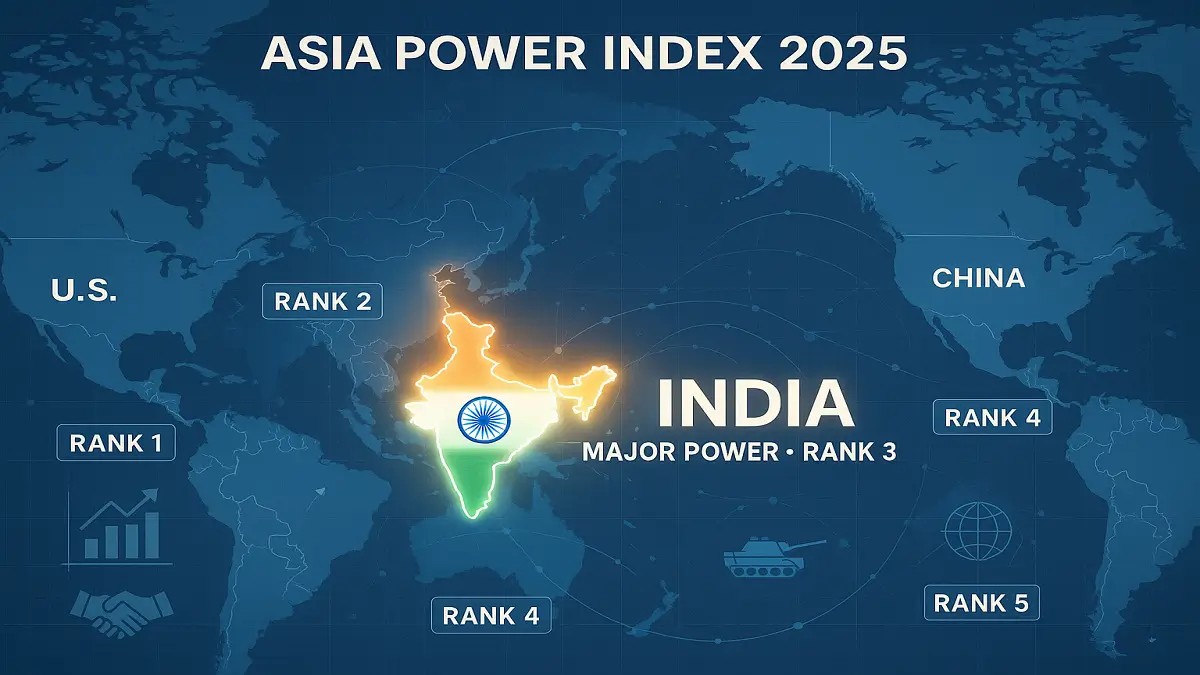ISRO to Launch EU’s PROBA-3 Satellite in December: Aiming for Bold Space Milestones
Introduction: ISRO’s Upcoming Space Mission
In December 2024, the Indian Space Research Organisation (ISRO) will play a pivotal role in launching the European Union’s PROBA-3 satellite, marking a significant milestone in international space collaboration. The satellite, developed by the European Space Agency (ESA), is part of its ongoing efforts to further space exploration and satellite technology.
PROBA-3 Satellite: Overview and Significance
PROBA-3 is a highly specialized satellite designed to test formation flying technology, which allows multiple satellites to work together in precise alignment. This innovative approach will aid in advancements such as solar research and the understanding of space weather, with the satellite’s primary goal being the observation of the solar corona. The spacecraft, a joint venture between ESA and ISRO, is expected to pave the way for future missions involving space-based solar observatories.
The mission is a testament to the growing cooperation between global space agencies. By launching PROBA-3, ISRO strengthens its position as a key player in space exploration, leveraging its expertise in space missions and satellite technology.
ISRO’s Role in the PROBA-3 Mission
Although PROBA-3 is a European initiative, ISRO’s involvement is vital, particularly in the satellite’s launch. ISRO will utilize its Polar Satellite Launch Vehicle (PSLV) to carry the satellite into orbit. This collaboration showcases India’s technological capabilities and strategic importance in the global space sector. The PSLV is well-known for its reliability, having successfully launched numerous satellites over the years, and will play a crucial role in this upcoming mission.

Why This News is Important
India’s Growing Space Expertise
The PROBA-3 mission demonstrates India’s increasing involvement in global space initiatives. ISRO’s ability to launch international satellites for other countries solidifies its status as a trusted partner in space exploration. For students preparing for government exams, understanding ISRO’s role in global collaborations highlights India’s growing stature in space technology and geopolitics.
Scientific Contributions to Space Research
The satellite’s design and its mission to study the solar corona will add to our understanding of space weather, which directly impacts satellite operations and Earth’s communication systems. The mission aligns with India’s broader space ambitions to explore the sun and its effects on our solar system, positioning it as an active contributor to space science.
Technological Advancements for India
By being a part of the PROBA-3 mission, ISRO will gain valuable experience in formation flying and space-based observations, which could have future applications for India’s own missions. Such technological advancements will contribute to India’s indigenous satellite programs, including future solar observatories, enhancing national security, communications, and scientific research.
Historical Context
India’s Entry into the Space Race
ISRO has had a long-standing commitment to space exploration, beginning with the launch of its first satellite, Aryabhata, in 1975. Since then, India has steadily expanded its capabilities, achieving remarkable feats such as the Chandrayaan and Mangalyaan missions. Over the years, ISRO has garnered international recognition for its cost-effective missions and technological prowess.
Global Space Collaboration
The PROBA-3 mission is another step in strengthening international partnerships. India has long collaborated with space agencies across the world, including NASA, ESA, and Russia. ISRO’s involvement in the PROBA-3 satellite further reinforces this trend, as India continues to contribute to and benefit from shared space exploration efforts.
Key Takeaways from ISRO’s Role in the PROBA-3 Mission
| S.No | Key Takeaway |
|---|---|
| 1 | ISRO will launch the European Union’s PROBA-3 satellite in December 2024, showcasing its global collaboration in space research. |
| 2 | PROBA-3 is designed to test formation flying technology, a crucial advancement for solar research and space weather observation. |
| 3 | ISRO’s involvement in the PROBA-3 mission strengthens its position as a key player in global space exploration. |
| 4 | The satellite’s main goal is to observe the solar corona, contributing to a better understanding of space weather and its effects on Earth. |
| 5 | ISRO’s Polar Satellite Launch Vehicle (PSLV) will be used for the satellite launch, underscoring its reliability and technological capabilities. |
Important FAQs for Students from this News
1. What is the PROBA-3 mission?
The PROBA-3 mission is a European Space Agency (ESA) initiative aimed at testing formation flying technology with the goal of observing the solar corona and studying space weather. The mission will be launched by ISRO in December 2024 using its PSLV rocket.
2. What is the role of ISRO in the PROBA-3 mission?
ISRO will provide the launch vehicle for the PROBA-3 satellite using its Polar Satellite Launch Vehicle (PSLV). Although the satellite is a European mission, ISRO’s participation underscores its role in global space collaborations.
3. Why is the PROBA-3 satellite important for space science?
The PROBA-3 satellite will observe the solar corona, helping scientists better understand space weather phenomena and their effects on Earth’s satellite and communication systems. It will test formation flying technology, a crucial advancement for future space missions.
4. When is the PROBA-3 mission scheduled to launch?
The PROBA-3 mission is scheduled to launch in December 2024. The launch will take place from the Satish Dhawan Space Centre in Sriharikota, India.
5. How will the PROBA-3 satellite benefit India’s space programs?
India will gain valuable experience in advanced space technology, such as formation flying and space weather observation. This will contribute to ISRO’s future missions, including its own solar observatories and advanced satellite technology.
Some Important Current Affairs Links

















